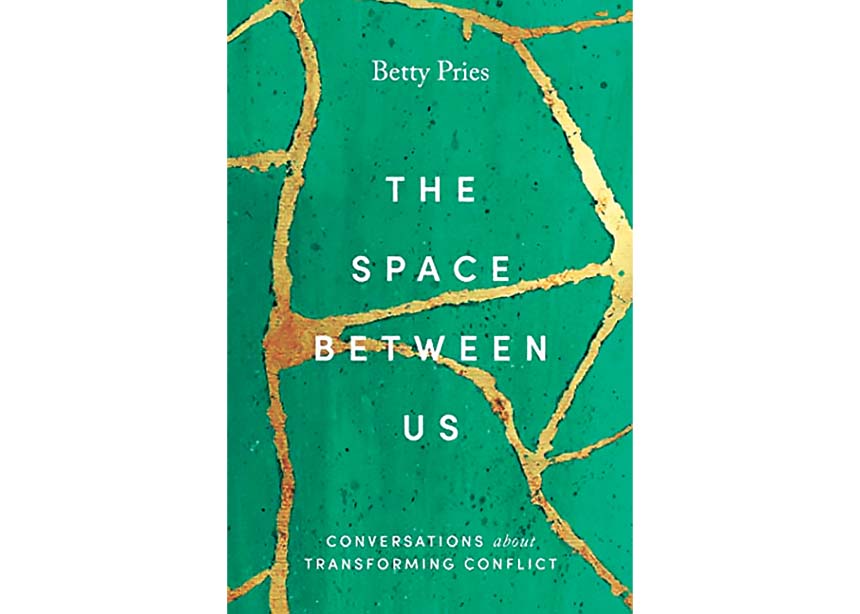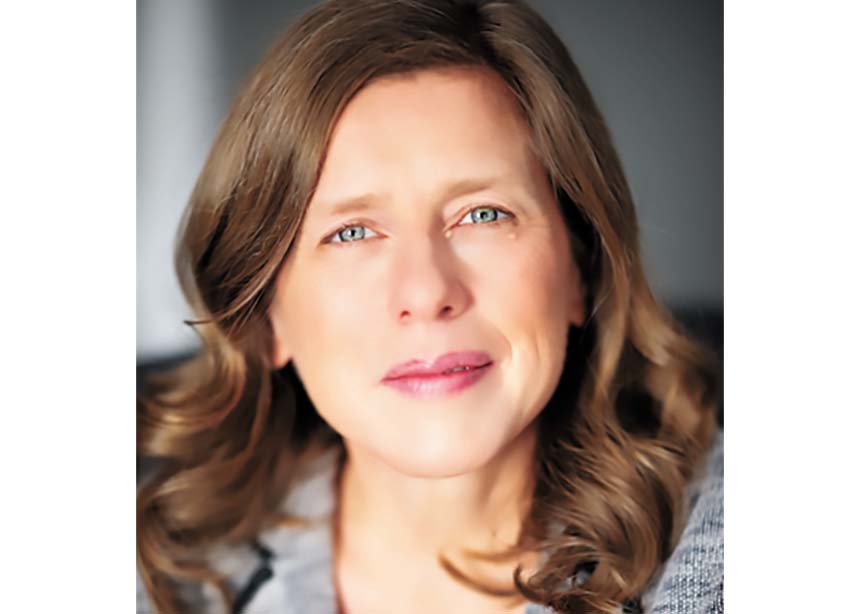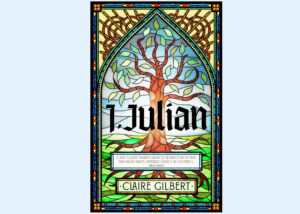At the Sept. 9 launch for Betty Pries’ new book, called The Space Between Us: Conversations About Transforming Conflict, Jennifer Ball called it a “handbook for being human,” and “essential reading for anyone navigating conflict.”
Paul Okoye, senior consultant at Credence & Co., where Pries is founder and CEO, facilitated the evening. Credence, based in Kitchener, works at organizational health, conflict transformation and change management with business and faith groups and “across the denominational spectrum” of churches.
Okoye said the book “couldn’t have come at a better time,” considering the “broken selves and broken relationships” in our world. He commended Pries for the way she lives out what she teaches.
Ball, as assistant professor in the Peace and Conflict Studies (PACS) program at Conrad Grebel University College, called the book “refreshingly holistic and practical.” Pries took “highly theoretical and philosophical” material and made it accessible.
Pries is a regular instructor in the PACS program at Grebel, and a trainer in its conflict management certificate program. She earned a PhD in 2019 in conflict transformation from the Free University of Amsterdam.
Pries got into mediation by accident. While studying at the University of Manitoba, a friend suggested she would be a good fit for a job in mediation. She took the course thinking it would be temporary—she was planning to become a professor or a pastor. “I didn’t see it right away,” she says, but other “people started saying it was a calling.”
Now, with nearly 30 years of education and experience, she has become a specialist in supporting leaders and organizations to be at their best. She is also a specialist in equity, diversity and inclusion training, and a chartered mediator.
Early in her mediation career, Pries began exploring contemplative spirituality. Her thesis is “a conversation between conflict transformation and contemplative spirituality.”
The kernel of the book is a concept she calls the architecture of selfhood. It has three levels:
- The descriptive self is your “first skin,” and the container you were given to wear at birth, including your characteristics, strengths, limitations and life circumstances. You can’t change much of it. It is unique and delightfully neutral.
- The defended self is your second skin, ego, or false self. It includes your masks, your shame and your misplaced centre of identity.
- The deeper self is the house or breath of God within—the place of perfect goodness, generosity and grace. Here you are at one with others and with God.
Understanding this structure changes how we deal with conflict, Pries says. “Conflict takes place at the level of our defended self,” where we tend to judge and rank each other. But if we allow our deeper self to be our centre, a seed of grace takes root and a new capacity for compassion emerges. Judgment falls away, we realize we share a common humanity and we allow ourselves to see the world through the eyes of the other.
In her work she sees how the self keeps getting in the way. But when people “pay attention to their own stuff first,” including their brokenness, they develop grace and generosity in approaching a conflict.
“The biggest learning for me…is how freeing it is to take responsibility for our stuff,” she says. “We can’t be transformed without a real healthy dose of self-compassion,” which is an invitation to rest in God’s grace. “Our compassion for the other is directly correlated with the level of compassion we have for ourselves.”
When it comes to churches, she says most of them avoid conflict because they perceive differences as something negative.
“We are human and we bump into each other,” she says. But it’s about how to be human together. “None of us gets it 100 percent right all the time . . . pretending that we are going to get it right gets us stuck.” Meanwhile we could reduce the conflict at church if we could disagree with each other better, without getting hooked into “us/them” thinking.
Getting in this kind of thinking does not help, she says. “We lose the capacity to see the God-light alive in each person.”
Pries attends Waterloo North Mennonite Church and chairs the board of Rockway Mennonite Collegiate. Her book is intended for a broad audience and is available through CommonWord and other book sellers.
This article appears in the Sept. 27, 2021 print issue, with the headline “A ‘handbook for being human.’” Do you have a story idea about Mennonites in Eastern Canada? Send it to Janet Bauman at ec@canadianmennonite.org.









Leave a Reply
You must be logged in to post a comment.